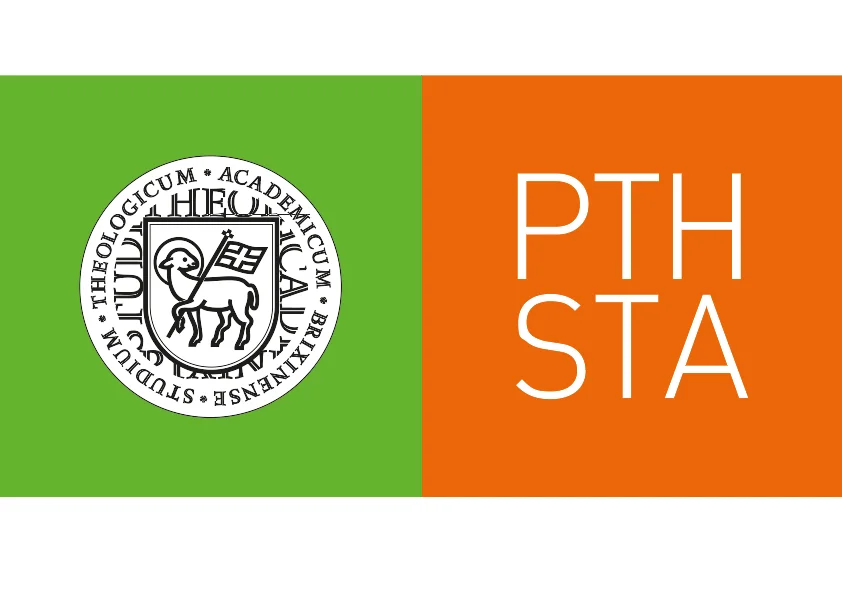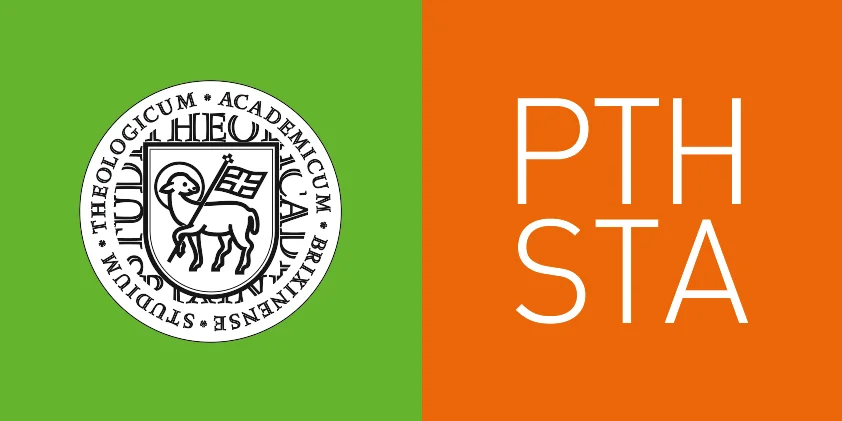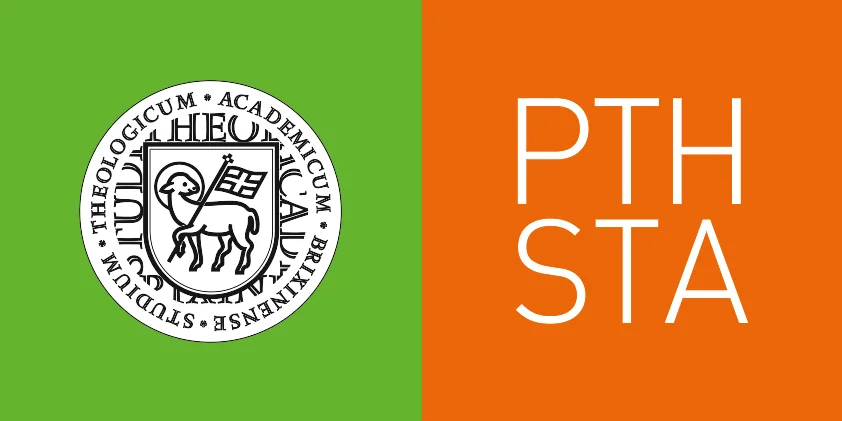Research project RES: Religion and Environmental Sustainability
Transdisciplinary explorations on the entanglements of spirituality and ecological sensibilities in South Tyrol and Austria
Recent studies have shown that institutionalized religions are increasingly paying attention to environmental issues. Religious as well as political leaders have repeatedly pointed out the important role that religious institutions and groups can play in promoting an ideological shift towards ecological sustainability.
The documentary The Letter, referring to the papal encyclical letter Laudato Si', recently released by the Vatican after joining the Paris climate agreement, is just one example of this important tendency towards ecological advocacy among religious leaders. Scholars such as Bron Taylor in his Dark Green Religion (2009) have also shown that environmental activists are increasingly adopting religious and spiritual beliefs.
Especially in Europe however, the entanglements between religion/spirituality and environmental sustainability have received little attention so far. Can religious worldviews foster environmental awareness or is the anthropocentric worldview that underlies some of the most widespread religions an inevitable obstacle?
This transdisciplinary and comparative research project analyses the potentialities of Christian worldviews, rituals and traditions in helping people to (further) develop their environmental sensibilities and to adopt a more sustainable way of living.
We focus on the area of South Tyrol that is one of the most developed provinces in terms of sustainability in Italy and compare it with its neighbour country, Austria. Although we are interested in all Christian religions as well as different forms of spirituality influenced by Christianity, we particularly focus on Catholicism, analysing how the most important religion present on the territory that is still strongly related with national identity, interfaces with environmental sustainability.
We combine a social scientific approach (anthropology and sociology) with a philosophical and theological analysis:
- A sociological survey on values and beliefs related to environmental sustainability in South Tyrol and Austria will give us a broad picture of the ways in which religious and ecological values and theories are intertwined and can support each other.
- Ethnographic research will allow us to get a bottom-up perspective on the ways in which Catholic religion can go hand in hand with a more environmentally conscious worldview and way of living or represent an obstacle for ecological ideologies.
- Exploring also the theological and philosophical theories that underlie the intersections of religion and ecology will allow us to complete the picture and to understand to what extent Christian institutions are ready to tackle the anthropocentrism that has been widely related with Christian worldviews and to embrace a worldview that is more compatible with ecological sustainability.
The results of the research project were published in the Brixner Theologisches Jahrbuch 14 (2023) and in the supplement.




